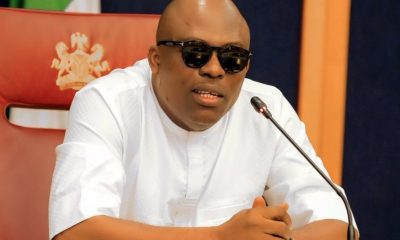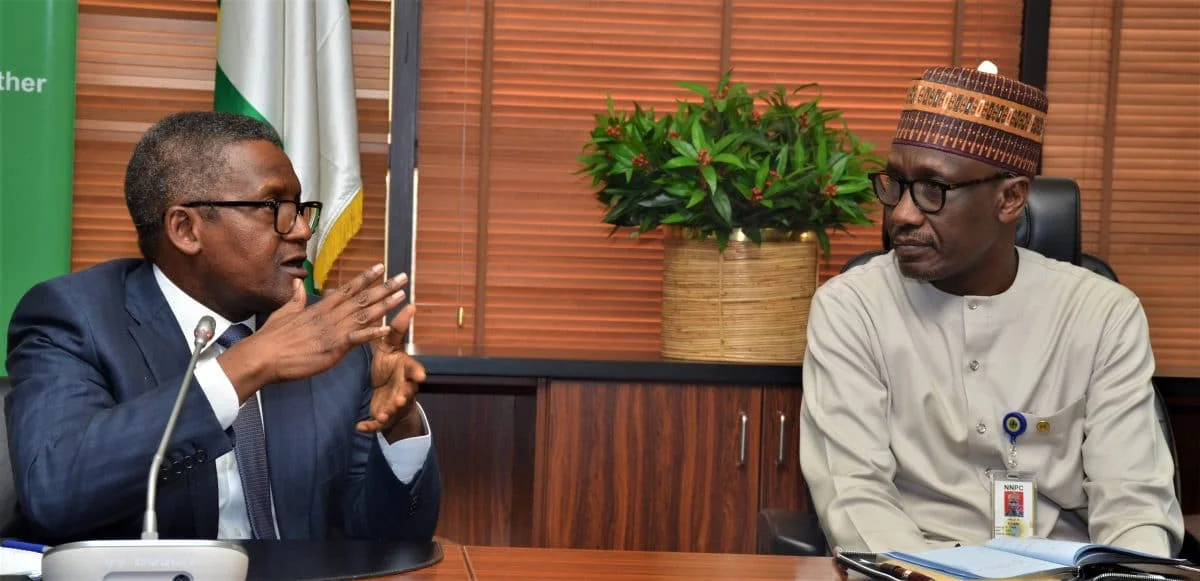In a startling development, the Nigerian National Petroleum Corporation (NNPC) recently announced that the price of petrol (PMS) will range between N950 and N1,012 per litre, depending on location.
Lagos will see the lowest price at N950 per litre, while Borno State will face the highest at N1,012 per litre. The pricing reflects a significant increase from previous levels and has prompted widespread criticism.
The dramatic rise in fuel prices comes after the government’s controversial removal of the fuel subsidy on May 29, 2023.
This decision led to an initial spike in fuel prices from approximately N198 per litre to around N650 per litre—an increase of 228%.
This sudden jump has led many Nigerians to question the government’s rationale, with some suggesting that the subsidy removal was not based on a thorough review of the subsidy’s necessity.
Dr. Chika Okoro, an economist at the University of Lagos, argues that the fuel price increase appears to be a result of both policy missteps and opaque practices.
“The sharp rise from N198 to N650 per litre suggests that the subsidy removal was not managed transparently. There is a significant gap between the old and new prices that raises questions about the true cost of fuel and the extent of the subsidy,” Okoro said.
READ ALSO: Activist alleges Dangote, NNPC role in fuel crisis, monopolization
The NNPC’s shift from referring to the subsidy as a “shortfall” has added to the confusion. This rebranding allowed the NNPC to claim that the government was not funding subsidies but was instead covering the gap between the shortfall and the landing cost. This move has been criticized for its lack of clarity and for potentially masking financial mismanagement.
The recent fuel price hike from N650 to N950 per litre has been justified by the NNPC as a necessary adjustment due to the inability to cover the “shortfall.” However, critics argue that this rationale is flawed.
“The increase appears to be a preemptive strategy to justify higher prices, particularly with the imminent launch of fuel from the Dangote Refinery,” said Dr. Amina Bello, a public policy expert.
The Dangote Refinery’s entry into the market, expected to drive down prices, seems to have been countered by the recent price hikes and an artificial scarcity that pushed prices even higher in some areas.
Analysts speculate that the delay in distributing fuel from the refinery and the monopoly-like control of the NNPC are tactics to inflate prices further.
Public sentiment is that the government is failing to provide relief or transparency. The federal government’s decision to allow the NNPC to control pricing and the reluctance to let other players, like Dangote Refinery, freely compete raises concerns about potential monopolistic practices.
The ongoing conflict over fuel pricing between the NNPC and Dangote Refinery, with differing claims on purchase prices, underscores the lack of clarity in the market.
As Nigerians grapple with soaring fuel costs and declining living standards, the government’s handling of the fuel subsidy removal and pricing strategy continues to attract criticism.
The lack of effective measures to address the impact on ordinary citizens highlights a broader issue of governance and transparency in Nigeria’s oil sector.

 Agribusiness1 week ago
Agribusiness1 week ago
 News1 week ago
News1 week ago
 Football5 days ago
Football5 days ago
 Football1 week ago
Football1 week ago
 Football1 week ago
Football1 week ago
 Entertainment4 days ago
Entertainment4 days ago
 Football6 days ago
Football6 days ago
 Football6 days ago
Football6 days ago

